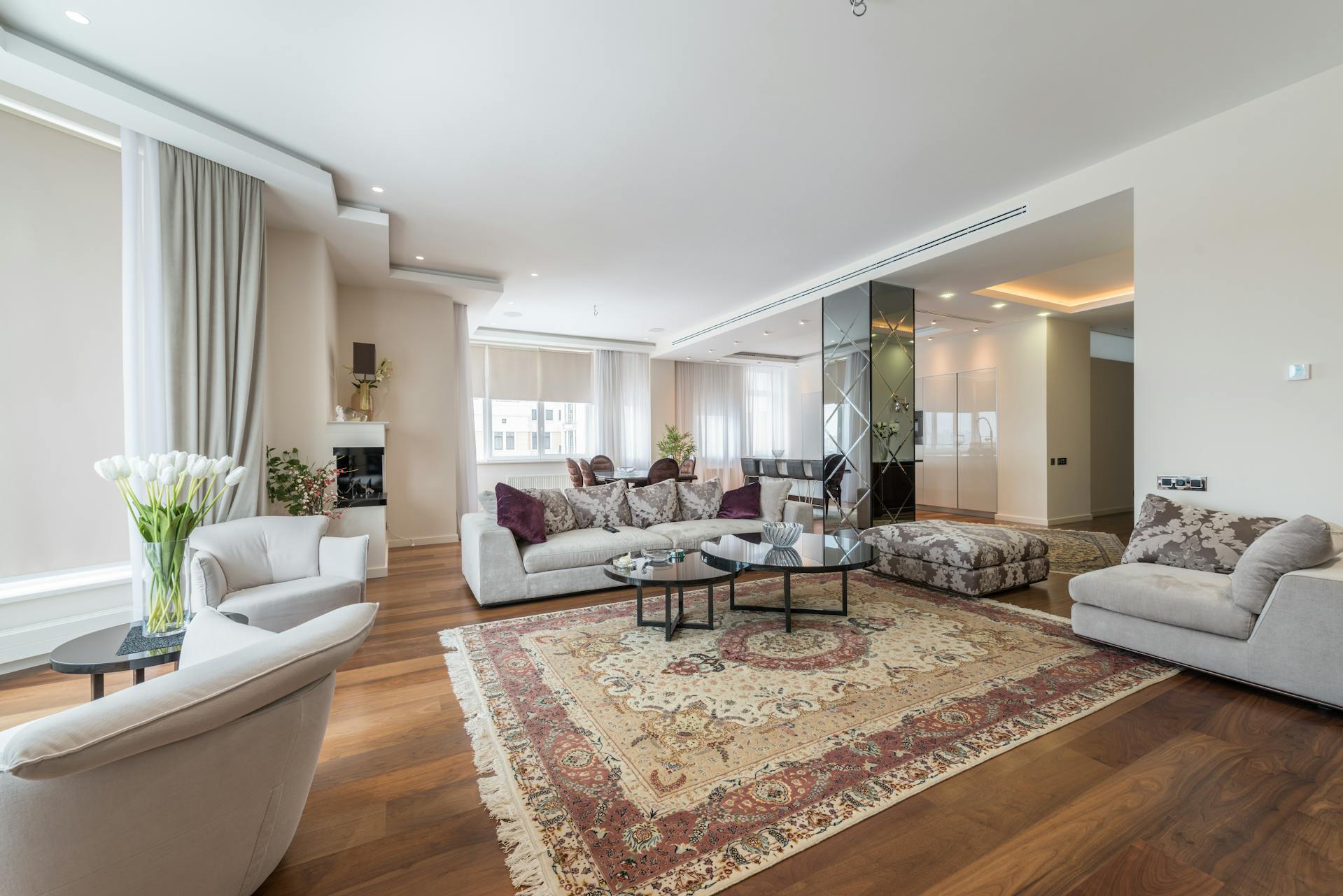

Question: What are the Best Numbers to use When Selling a House?
Answer: The best numbers to use when selling a house are accurate, realistic numbers. Use comparable sales data, consider necessary repairs, and factor in market conditions. Don’t inflate or underestimate; transparency builds trust and achieves the best outcome.
Figuring out Home Pricing: What You Need to Know
Setting the right price is crucial when selling a house. The numbers you choose affect how quickly your house sells and the final sale price. This guide explains which numbers matter and how to use them effectively when listing your property.
Understanding Market Value
Market value is the most probable price a property should bring in a competitive and open market. Several factors determine market value. These factors include location, property condition, and recent sales data.
-
Comparative Market Analysis (CMA):
Real estate agents use CMA to estimate value. It examines recent sales of similar properties in your area. -
Location:
Properties in desirable neighbourhoods often command higher prices. -
Condition and Upgrades:
Well-maintained houses with modern upgrades typically sell for more.
Click here for more information on realtors near me in Orangeville
Related Article: Why is My House Still on the Market?
Key Numbers to Consider
Several specific numbers impact your selling strategy. Focusing on these can optimize your listing.
-
Listing Price:
This is the initial price you set for your home. -
Appraisal Value:
This is an expert’s estimate of your home’s worth. Lenders use it to determine mortgage amounts. -
Negotiation Range:
Know the lowest price you are willing to accept. This helps during negotiations.
What are the Best Numbers to use When Selling a House? Considering Round vs. Specific Numbers
Deciding between round and specific numbers depends on your strategy. Both have advantages and disadvantages.
-
Round Numbers:
Round numbers (e.g., $600,000) are easy to remember and can convey confidence. Use these if you want to project a sense of high value. -
Specific Numbers:
Specific numbers (e.g., $599,900) can appear more considered and appealing. This may attract more buyers.
Avoiding Overpricing and Underpricing
Setting the wrong price can hurt your sale. Overpricing deters potential buyers, while underpricing leaves money on the table.
-
Overpricing Risks:
Houses stay on the market longer. Buyers may think something is wrong with the property. -
Underpricing Risks:
You sell the house quickly, but you might not get its true value. -
Finding the Balance:
Work with your agent to find a price that attracts buyers and reflects your home’s worth.
Adjusting the Price Over Time
The market changes. Be prepared to adjust your price if needed. Monitor buyer interest and feedback. A price reduction can reignite interest.
-
Monitoring Market Response:
Track showings and offers. If there is little activity, consider a price adjustment. -
Price Reduction Strategy:
Small, incremental price drops often work best. A significant drop might suggest desperation.
Conclusion
Choosing the best numbers for selling a house involves understanding market value, psychological pricing, and careful strategy. Work closely with a real estate professional to determine the optimal listing price, manage negotiations, and adjust as needed. Doing so maximizes your chances of a successful sale at the right price.


